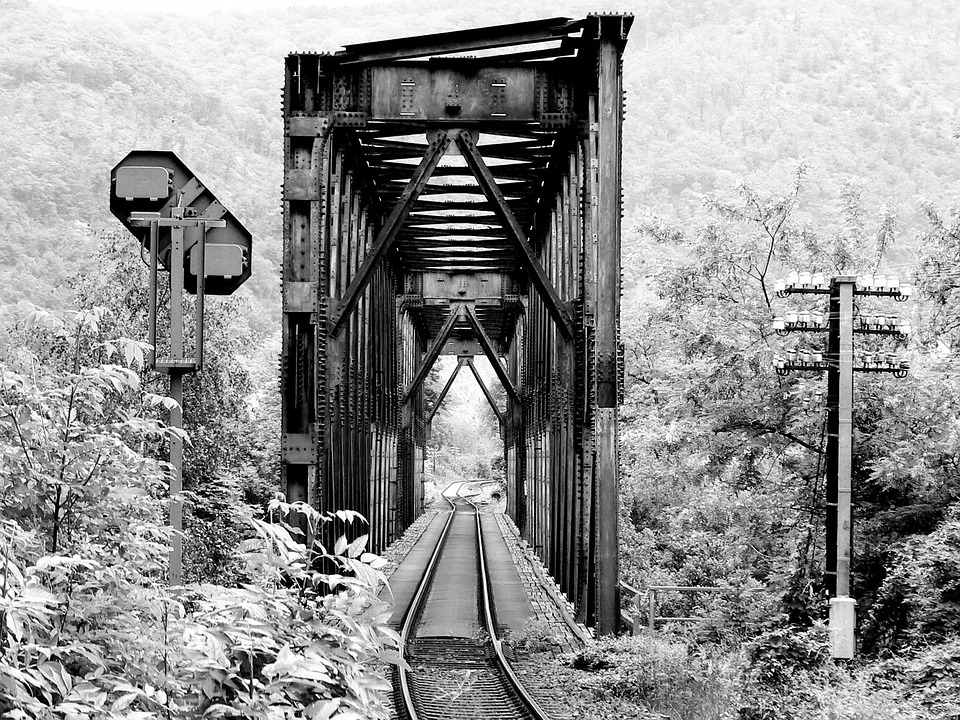Essential Interview Guide for Rail Engineers: Tips and Strategies for Success
Navigating the intricate world of rail engineering can be as complex as the systems themselves. When it comes to interviews, preparation is paramount. A successful interview isn’t merely about answering questions; it’s about showcasing your expertise, your passion for the industry, and your ability to contribute to a team. Here’s a comprehensive guide to help you stand out in your next rail engineering interview.
1. Understand the Fundamentals
Before stepping into the interview room, ensure you have a solid grasp of the core principles of rail engineering. Brush up on your knowledge of track design, signalling systems, and safety regulations. Familiarity with industry standards, such as the Rail Safety and Standards Board (RSSB) guidelines or the Institution of Mechanical Engineers (IMechE) codes, can also be a significant advantage. This foundational knowledge not only demonstrates your technical competence but also your commitment to the discipline.
2. Showcase Relevant Experience
When discussing your previous roles, focus on specific projects that highlight your skills and achievements. Use the STAR method (Situation, Task, Action, Result) to articulate your experiences effectively. For instance, if you were involved in a major rail upgrade, outline the challenges you faced, the strategies you implemented, and the positive outcomes achieved. Employers seek engineers who can solve problems, so illustrating your hands-on experience will resonate well.
3. Technical and Behavioural Questions
Interviews in engineering often blend technical queries with behavioural ones. Prepare to tackle questions that probe your technical knowledge, such as "Explain the difference between standard gauge and narrow gauge." Equally, be ready for behavioural questions like, "Describe a time when you had to work under pressure." These questions assess not only your technical prowess but also your soft skills, such as teamwork and decision-making.
4. Stay Current with Industry Trends
The rail industry is constantly evolving with advancements in technology and shifts in regulatory frameworks. Familiarise yourself with emerging trends such as electrification, automation, and sustainable practices in rail transport. Demonstrating awareness of these developments can set you apart from other candidates. It shows that you are not only knowledgeable but also forward-thinking—qualities that are invaluable in any engineering role.
5. Prepare Thoughtful Questions
At the end of the interview, you will likely be invited to ask questions. This is your opportunity to engage further and demonstrate your genuine interest in the role and the company. Inquire about the company’s future projects, their approach to innovation, or how they manage safety and compliance. Thoughtful questions reflect your enthusiasm and can leave a lasting impression on the interviewers.
Embrace the Experience
Interviews can be nerve-wracking, but remember that they are as much an opportunity for you to assess the company as they are for the employers to evaluate you. Approach the experience with confidence and curiosity. A positive mindset can make a significant difference, allowing you to engage more naturally and express your passion for rail engineering.
As you prepare for your next venture into the rail engineering landscape, remember that each interview is a stepping stone toward your career aspirations. CVPortal continues to provide you with a wealth of high-quality CV references to aid you in this journey. Embrace the challenge, and you may just find that your next role is more than just a job—it’s the beginning of an exciting new chapter.


